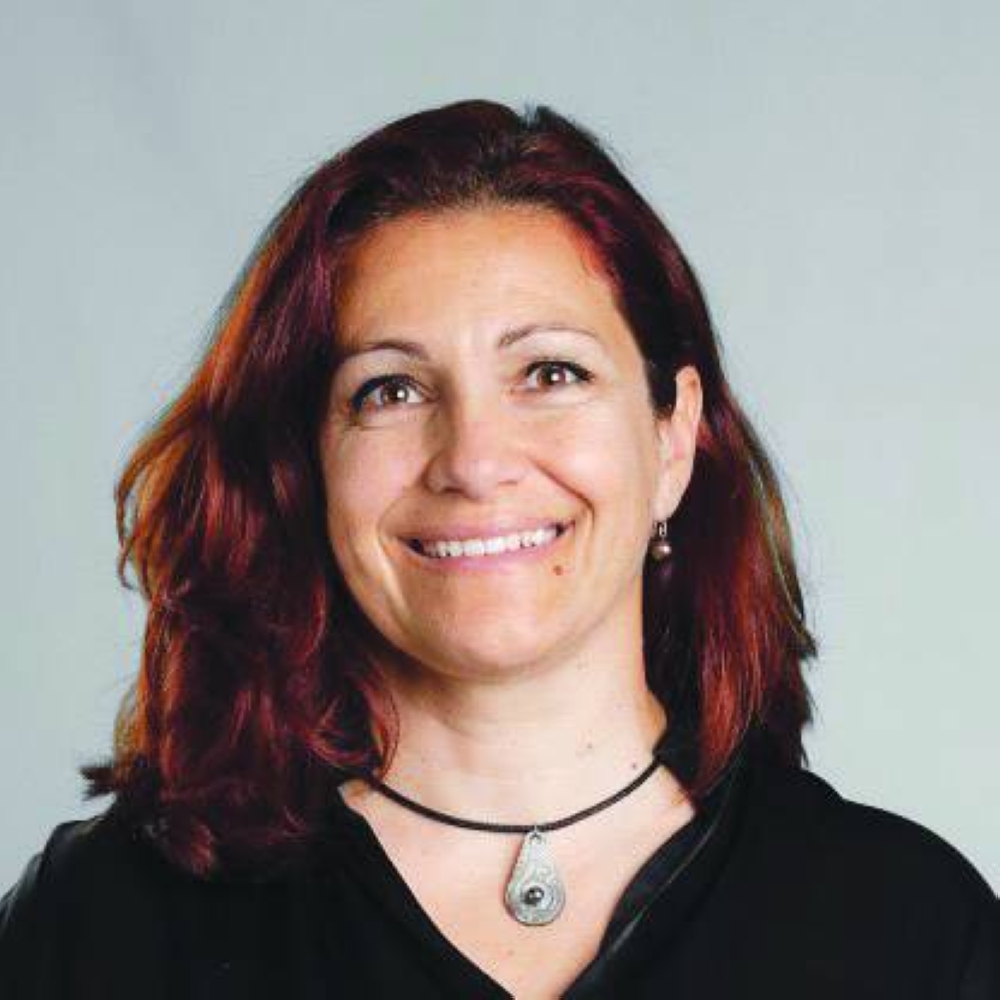Solar energy is poised to become a central pillar in the Middle East's shift to cleaner power, according to Dr Verónica Bermúdez Benito, a prominent renewable energy expert, in the latest episode of the Al-Attiyah Foundation podcast.
Dr Bermúdez Benito, who is Director of Energy at the Al Wajba Establishment, emphasised that the region's abundant sunlight, combined with growing pressure to diversify energy sources, makes solar power a highly strategic option. She described it as a "cornerstone" of the region's renewable future, capable of supporting national decarbonisation goals while preserving fossil fuels for essential non-energy applications.
Despite the low marginal cost of fossil fuels in Gulf countries, she noted that environmental and long-term economic considerations are prompting policymakers to take renewables more seriously.
Solar power offers a scalable and increasingly cost-competitive solution, especially new technologies, such as bifacial panels, robotic cleaning, and utility-scale battery storage, address challenges such as dust accumulation and energy intermittency.
Benito also highlighted that transitioning to solar in the GCC will require tailored policies. Traditional European incentives like feed-in tariffs may not translate well to markets with heavily subsidised electricity. Instead, the region would benefit from mechanisms such as investment tax credits, greater private-sector involvement, and enhanced public awareness.
As of early 2025, the Middle East and North Africa (Mena) region has achieved a total installed solar capacity of 24 gigawatts (GW), marking a 25% increase from the previous year. Projections indicate that this capacity will surpass 30GW by the end of 2025.
Globally, solar power continues to surge. In 2024, renewables accounted for over 90% of total power expansion, with solar power alone contributing a record 346GW. This growth is supported by declining costs; for instance, module prices dropped by an average of 18% in 2024 across both commercial and utility-scale segments.
Benito welcomed the recent pledges by GCC nations to reach net-zero emissions and emphasised the importance of modernising energy infrastructure.
Strengthening interconnection between national grids, she said, will be critical to balancing supply and demand across borders and making the most of large-scale renewable installations.
The full conversation explores how solar innovation, policy frameworks, and regional co-operation can help accelerate the energy transition in the Middle East.

Dr Verónica Bermúdez Benito
